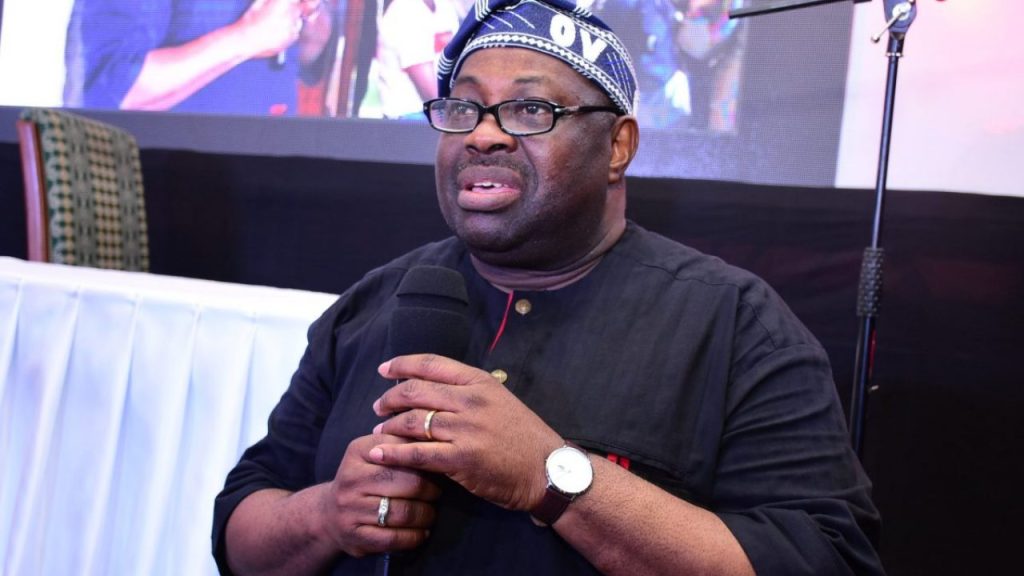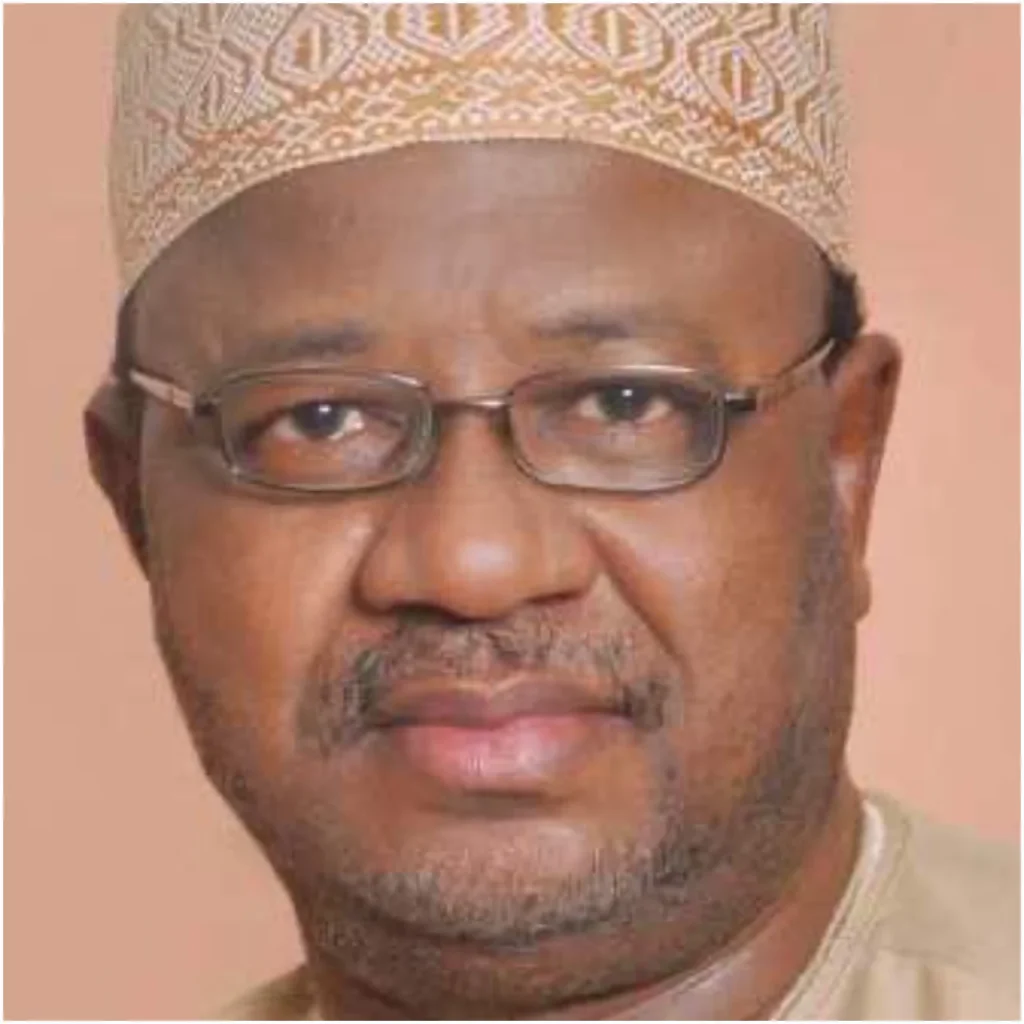In a significant move to address the growing concerns over land disputes and allocations in Lagos State, the State House of Assembly has summoned the Lands Bureau. The decision, as reported by Media Talk Africa, comes on the heels of discrepancies in land allocations and recurring land-related issues plaguing the state. The Assembly’s call for the Bureau to appear before the House is a step towards seeking clarity on past allocations and finding solutions to the persistent land problems.
The Assembly’s statement, made available on Monday, outlined the need for the Lands Bureau to provide detailed explanations regarding the status of lands acquired by the state. This move follows the adoption of recommendations from the Committee on Rules and Business concerning a petition titled “Application by Oriba Community in Epe Local Government to join in the petition of Ladaba Community,” presented by Hon. Noheem Adams. The House unanimously agreed on the recommendations, emphasizing the urgency for the Bureau to appear with proper documentation.
A key recommendation from the Committee is for the Bureau to issue excision/allocation letters to the 68 affected communities. Additionally, Certificates of Occupancy (C of O) for these communities should be ready within a month of the House’s resolution. This step aims to bring about transparency and certainty in land ownership, which has been a significant point of contention.
Speaker of the House, Hon. Mudashiru Obasa, acknowledged the need for increased compensation for affected communities. While noting that the state government has its plans, Obasa endorsed the allocation of 20% (2,000 hectares) of the 10,000 hectares acquired by the state government as compensation. This allocation is seen as a gesture towards addressing the concerns of communities impacted by state acquisitions.
The move by the Lagos State House of Assembly to summon the Lands Bureau and the subsequent recommendations and endorsements signal a proactive approach towards resolving land disputes and improving land management in the state. As the Lands Bureau prepares to appear before the House, the expectations are high for concrete steps towards clarity, fairness, and compensation in land allocations. The international community watches with interest, as effective land management is crucial for development, stability, and the well-being of citizens. With this step, Lagos State aims to set a precedent in addressing land-related issues, potentially serving as a model for other regions grappling with similar challenges.



